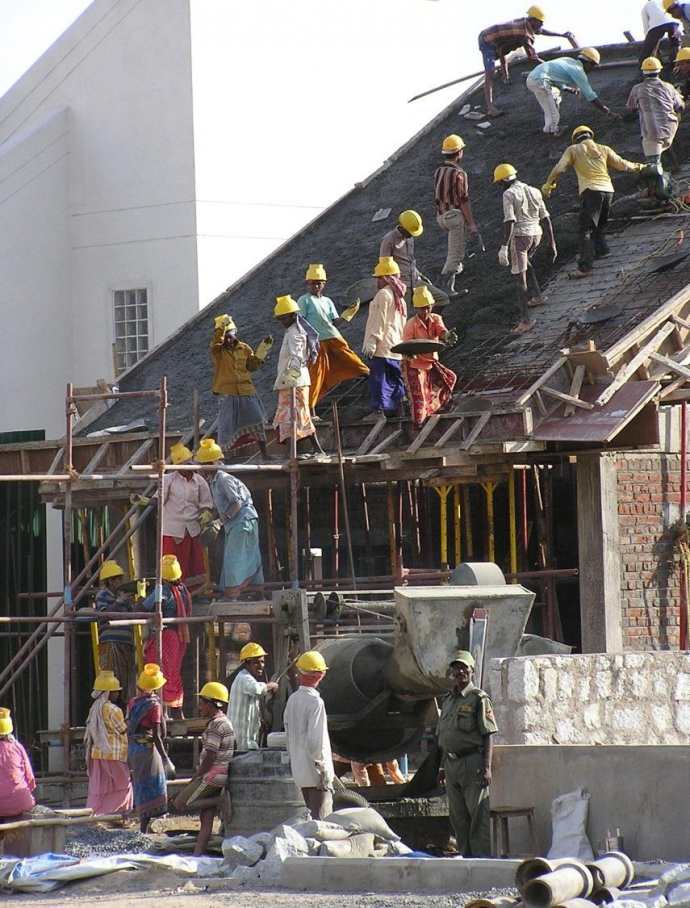Global consequences of increased heat stress due to climate change | NELSON
Wed 7 June
150th Anniversary Regional Lecture


Royal Society Te Apārangi 150th Anniversary Regional Lectures - Future Focussed Local Experts
With Professor Richard Bedford, President of the Royal Society Te Apārangi, on the significance of the Society’s 150 years of Discovery.
This event is presented in association with Nelson Science Society (Nelson Branch of Royal Society Te Apārangi).
Global consequences of increased heat stress due to climate change
With the onset of climate change, one of the key consequences is rising temperatures and humidity. Yet, what impact will this have on workers? People generate heat while they labour and as temperature or humidity increases, there will be less ability to cool down. This leads to a reduced output so productivity goes down, also health risks increase. For a person working at moderate intensity (300W) the loss of annual productivity due to increasing heat at the end of this century (assuming no additional cooling methods) can be substantial; for instance, the losses based on current global climate policies will be 8% per annum in India, 6% in Vietnam and 7% in Nigeria. Countries with large cooler areas will experience lower impacts: for instance, the losses in China would be 2% per annum and in the USA 1.4%. Nonetheless, these losses will reduce economic outputs and the ability to make a living in the hottest areas. Representatives from the research team of Nelson’s Ruby Coast Research Centre will discuss the physiological and political implications of heat stress on humans.
About the speakers:

Professor Tord Kjellstrom: Medical doctor (PhD) and Master of Engineering, originally from Sweden, but now mostly based in New Zealand. Forty years experience of university teaching and research in environmental and occupational health, with a focus on epidemiology, has produced more than 400 publications on exposure and health impacts of different hazards. His current work deals mainly with the occupational health impacts of climate change in different parts of the world.

Professor David Briggs: Emeritus professor in the Department of Epidemiology and Biostatistics at Imperial College London. A geographer and environmental scientist by background, he has researched extensively in the areas of GIS, exposure assessment, environmental modelling, and health impact analysis for policy support. He was a regular consultant to WHO, the European Commission and national government agencies, and has compiled state of environment reports and environmental health indicators for the European Community, Scotland, local authorities and a range of government agencies NGOs and IGOs.

Dr Bruno Lemke: A PhD in Physics and 20+ years teaching of Human Physiology at Nelson Marlborough Institute of Technology. Recent work includes heat stress studies based on India, Australia, the USA and South East Asia. He has been involved in an extensive WHO report on “Global Assessment of the Health Impacts of Climate Change: Occupational Heat Stress” and was a keynote speaker at the 7th International Symposium: Safety & Health in Agricultural & Rural Populations in Saskatoon, Canada.
PUBLIC EVENT – Your donation supports the activities of your local branch.
Views expressed at this event may not reflect those of Royal Society Te Apārangi
ORGANISATION
Royal Society Te Apārangi
VENUE/DATE
The Suter Theatre 208 Bridge Street, Nelson, Nelson 7010
5:30pm Wed 7 June, 2017 - 7:00pm Wed 7 June, 2017
